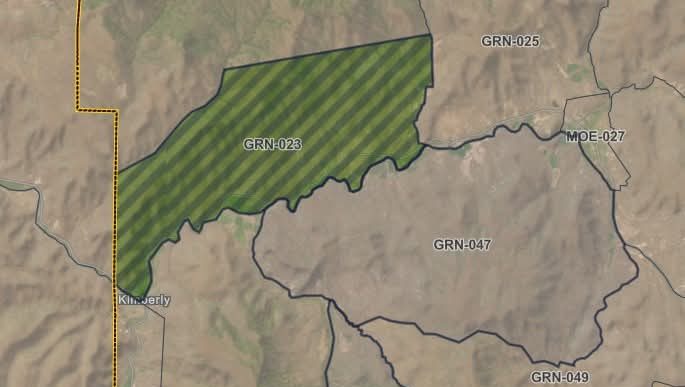Oregon must create a water plan
Published 6:41 am Tuesday, March 7, 2023
“We need a damn water plan,” Shemia Fagan, Oregon’s secretary of state, said in January. “Far too many families lack access to clean water today, and many communities in Oregon are at high risk of becoming water-insecure in the very near future.”
Trending
Part of that water plan may be coming through House Bill 3368 in the Oregon Legislature.
The bill directs the state to study the water supply and demand in each basin in the state. Oregon just does not have that basic information. The idea is to find it.
If a basin is oversubscribed for water, the Oregon Water Resources Department would not “accept water right applications that will further overappropriation of water in the basin or portions of the basin unless a mitigation program is established” or the department approves a mitigation agreement.
Trending
The bill also hits the pause button on new water rights until the state completes its study. That may be until 2028.
The actions in the bill grew out of concern many have had for years. Water rights are oversubscribed. Water rights are not based on who needs the water the most. The climate is changing. Pipes are inadequate or aging. And Oregon does not do a good job of measuring what water it has and where it goes. A report from the Oregon Secretary of State’s Office reaffirmed that earlier this year.
Already, there are smaller changes happening, even just in the Bend area.
The city of Bend is taking action. It is looking for land to expand its Outback filtration site to reduce the likelihood of disruption of supply.
Avion Water, which supplies water to about 15,000 customers near Bend, is also taking action. It’s asking the Oregon Public Utilities Commission for permission to create a “tariff.” A subset of their customers would pay it to ensure they have a means to do outdoor watering without disrupting other Avion customers. One reason: The uncertainty that some of Avion’s customers will get irrigation water from Arnold Irrigation District.
But on top of the smaller scale changes, Oregon needs a statewide framework for meeting its water challenge.
It only makes sense for Oregon to measure its water. It only makes sense for Oregon to only allow water rights when the water is really there. But we would like to better understand the impact of a pause on water rights until 2028 before just saying yes to this bill.
The bill was not scheduled for a hearing as of March 6. And if a bill doesn’t at least get that by March 17, it may be dead.









